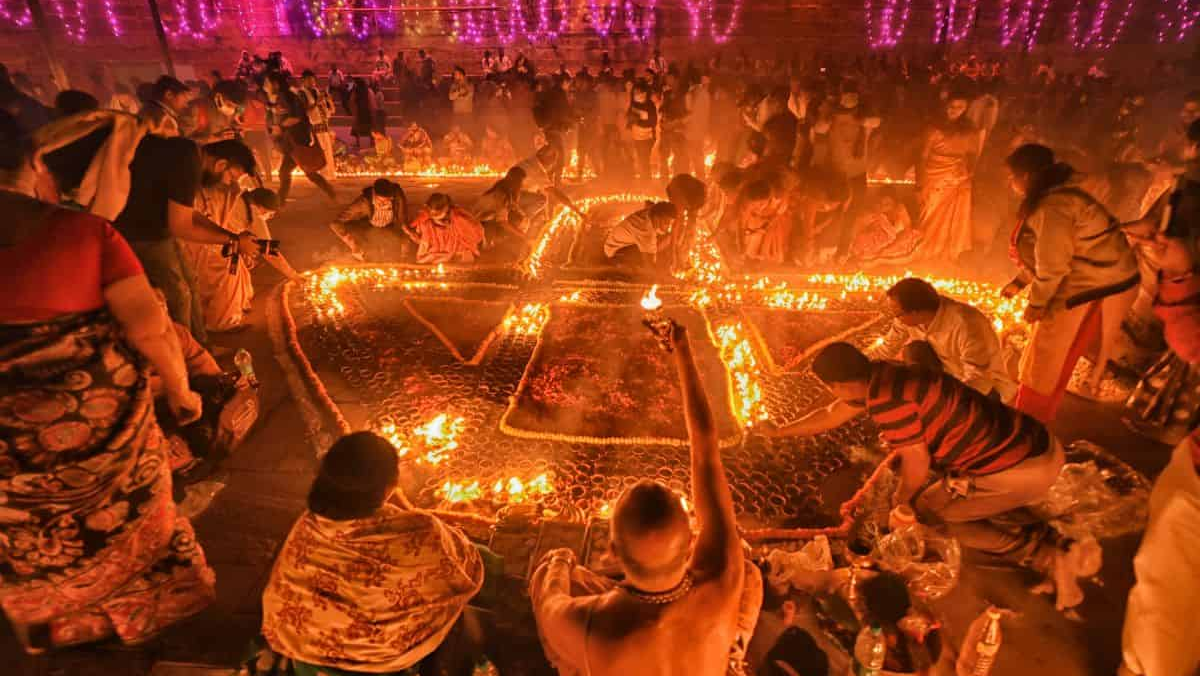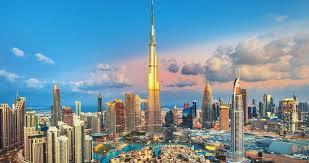
Dubai, today known for its tall skyscrapers, luxury shopping, and futuristic designs, has a rich history that many visitors do not know. Beneath its modern image lies a deep cultural story that makes this city truly special. From ancient trading practices to Bedouin traditions, Dubai’s culture is full of color, life, and surprises.
This article takes you on a simple and exciting journey through Dubai’s culture and history. Whether you are a traveler or just curious, you will enjoy learning about the hidden side of this famous city

Dubai’s location on the Arabian Gulf made it an important trade center hundreds of years ago. Long before the tall towers and luxury hotels, Dubai was a small village where fishermen, pearl divers, and traders lived. The sea was life for the early people of Dubai. They caught fish, gathered pearls, and traded goods like spices and fabrics with other countries.
In the 19th century, Dubai became famous as a safe port where merchants from India, Persia (Iran), and Africa would come to sell their products. The ruling Al Maktoum family, who still govern Dubai today, encouraged these traders by offering them protection and no heavy taxes. This made Dubai grow into a busy trading port.

Before modern life arrived, most of the people in Dubai and the UAE lived as Bedouins. The Bedouin culture is an important part of Dubai’s history. Bedouins were nomadic people who traveled across the deserts with their camels, looking for water and grass for their animals.
Their simple way of life focused on family, hospitality, and survival in the harsh desert climate. Even today, some traditions like drinking Arabic coffee (called “Gahwa”) and offering dates to guests come from Bedouin culture.
Bedouins were famous for their poetry, music, and dances. The “Al Ayala” dance, where men stand in two rows and move sticks to drum beats, is still performed at weddings and festivals in Dubai.
Islam shapes many parts of Dubai’s daily life. The religion is not only about prayer but also about kindness, generosity, and respect. You can hear the call to prayer (Adhan) from mosques five times a day across the city.
During the holy month of Ramadan, Muslims fast from sunrise to sunset. After sunset, families and friends gather to eat special meals called Iftar. Even non-Muslim visitors in Dubai are welcome to join Iftar tents and enjoy the food and community spirit.
Visitors are also encouraged to respect local customs, like dressing modestly in public places and showing politeness to elders.
While most tourists see the modern parts of Dubai like Burj Khalifa or Dubai Mall, there is an older, quieter side of the city waiting to be explored.
One of these areas is Al Fahidi Historical Neighborhood (also called Al Bastakiya). Here, visitors can see traditional wind-tower houses that kept homes cool before air conditioning was invented. The narrow lanes and old-style buildings take you back to Dubai’s past.
Another must-visit place is the Dubai Creek, the waterway that once brought traders and merchants from around the world. You can still ride a small wooden boat called an “Abra” across the creek for a small fee and see the city from the water, just like in the old days.
The Dubai Museum, located inside Al Fahidi Fort, is also a great place to learn more about how people lived in the past — from their homes and clothes to their tools and crafts.
Food is an important part of Dubai’s culture. The traditional Emirati dishes are tasty and full of flavors from spices like saffron, cardamom, and turmeric.
Some popular foods you must try are:
While you can find food from all over the world in Dubai, trying these local dishes is the best way to taste the culture of the city.
Dubai celebrates many cultural festivals that show its rich traditions. The most important is Eid Al Fitr, which marks the end of Ramadan. Families wear new clothes, give gifts, and visit relatives. Another important holiday is National Day on December 2nd, when the whole country celebrates the creation of the United Arab Emirates in 1971.
Visitors during these times can enjoy parades, concerts, and cultural shows across the city.
Even with its rapid growth, Dubai has not forgotten its past. The city works hard to keep its culture alive by protecting old buildings, supporting local artists, and teaching new generations about their history.
Projects like the Etihad Museum and Sheikh Mohammed Centre for Cultural Understanding help visitors and locals learn more about Emirati customs, food, and religion. These places offer tours, workshops, and even Arabic language classes.
Dubai is more than just a city of glass and steel. Behind the modern image is a living history full of traders, poets, desert travelers, and dreamers. Knowing about Dubai’s culture and past helps visitors enjoy and respect the city even more.
So next time you visit Dubai, take some time to explore its historical neighborhoods, try its traditional food, and learn about the Bedouin life that shaped this amazing place.
Read More:- Shobha Realty Launches Its Most Luxurious Project Yet—Full Details Inside 2025
